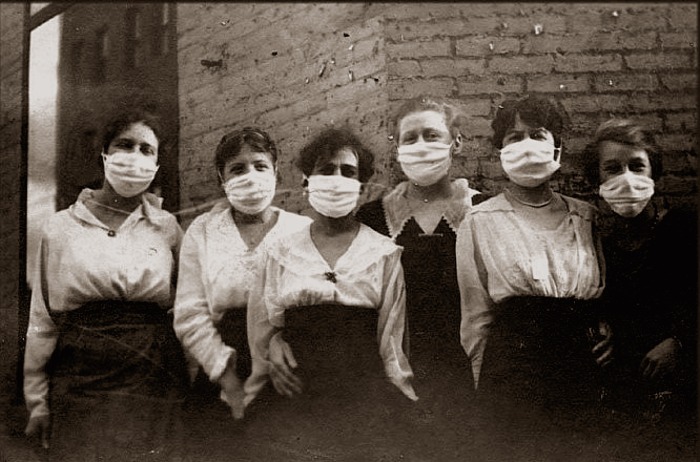 A provocative and challenging article from our friends at Above Top Secret.
A provocative and challenging article from our friends at Above Top Secret.Click here to check it out.
Here's an excerpt
So why not tell the truth? Because what's really on the table is the profitability of large scale industrial animal husbandry, never mind international travel and other trade. Strategies for passive population reduction are also part of the play of course, but more as an opportunistic sidebar. Industrial animal husbandry includes hog and poultry barns as well as cattle feedlots.
Large scale operations crowd 10's of thousands of animals together, pump them full of antibiotics, antivirals and vaccines to keep them alive, and force-feed them for slaughter to provide meat for our tables. The practice is defended as "efficient" and economically necessary. Unfortunately, such conditions virtually guarantee the creation of new, and often virulent, diseases.
Far more reliably than laboratory petri dishes, industrial animal husbandry operations literally force microbes and viruses to mutate, thereby initiating and accelerating the evolutionary process and creating new diseases. These new diseases sometimes infect people. The role industrial agricultural practices play in creating human diseases has been known for decades - long enough to determine that current practices are dangerously unsustainable.
However, food is an essential commodity - the market is better than guaranteed, and the profit margin can be amazing. So the world's ruling financiers started controlling our food supply early on, and went for large-scale high-profit industrial food production and animal husbandry.
The problems were clear by the 1970's. First came Rachel Carson's expose; then there was the other swine flu scare; Mad Cowdestroyed Britain's cattle industry and devastated other nations' cattle producers too; and the bird flu crisis did the same to poultry producers in Asia. The writing has been on the wall for a good while.





No comments:
Post a Comment